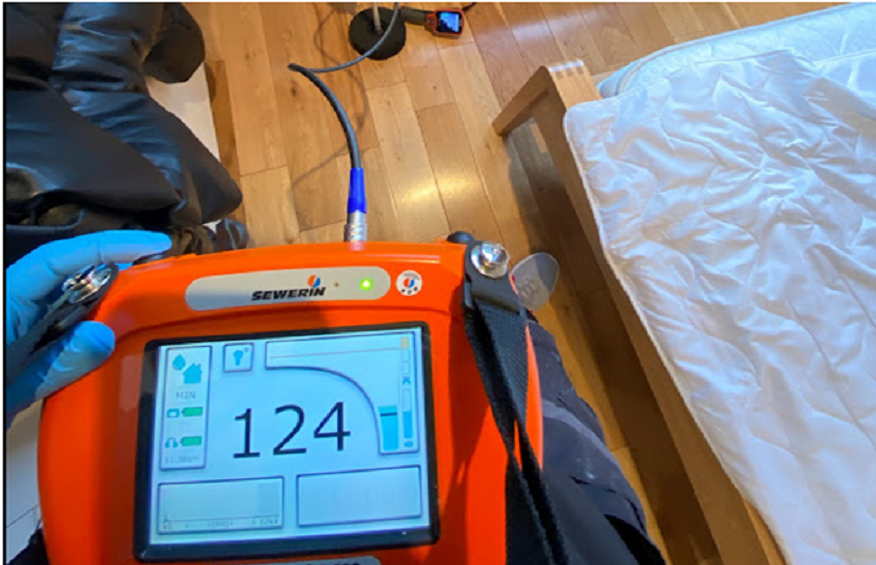Choosing the right plumbing school is a crucial step towards a successful career in the plumbing industry. Whether you’re a high school graduate exploring vocational training or a working professional looking to switch careers, finding a reputable plumbing school is essential for acquiring the necessary knowledge and skills.
In this article, we will provide you with seven tips to help you choose a good plumbing school.
1. Accreditation
Start by researching the accrediting bodies that are widely recognized and respected in your country or region. In the United States, for example, the Accrediting Commission of Career Schools and Colleges (ACCSC) and the Accrediting Council for Continuing Education and Training (ACCET) are two well-known accrediting agencies.
Don’t just rely on the information provided by the school. Take the extra step to independently verify the accreditation status by contacting the accrediting agency directly. They can confirm the school’s accreditation status and provide you with any additional information you may need.
2. Curriculum
The curriculum should cover a wide range of plumbing topics and skills, including plumbing systems, pipefitting, plumbing codes, drainage systems, water supply systems, plumbing fixtures, and more. It should provide a solid foundation of theoretical knowledge as well as practical hands-on training.
Plumbing codes and regulations play a significant role in the plumbing industry. A good curriculum should include instruction on local, national, or international plumbing codes, depending on the area in which you plan to work. It should teach you how to interpret and apply these codes to ensure safe and compliant plumbing installations.
3. Experienced faculty
Check the qualifications and experience of the plumbing school’s faculty members. Experienced instructors with industry expertise can offer valuable insights and guidance throughout your training.
4. Facilities and resources
Check if the school has dedicated plumbing labs or workshops. These spaces should be well-equipped with modern tools, equipment, and plumbing systems that replicate real-world scenarios. A proper plumbing lab allows hands-on practice and enhances your learning experience.
The classrooms should be clean, organized, and conducive to learning. Look for schools that provide modern teaching aids such as multimedia projectors, interactive whiteboards, and access to online resources. Comfortable seating arrangements and adequate lighting are also important for an effective learning environment.
5. Hands-on training
Plumbing is a practical trade, so hands-on training is crucial. Inquire about the school’s approach to practical trainingsuch as workshops, lab sessions, or apprenticeship programs. Practical experience is essential for developing your plumbing skills.
6. Industry connections and job placement assistance
A good plumbing school here https://plumbingjobs.com/plumbing-schools/ should have strong connections to the plumbing industry and offer assistance with job placement after completing your training. Look for schools that have partnerships with plumbing companies, unions, or apprenticeship programs.
7. Alumni feedback and success stories
Reach out to current and former students to gather feedback about their experiences with the plumbing school. Inquire about the quality of education, support from faculty, job placement assistance, and overall satisfaction. This firsthand information can provide valuable insights into the school’s reputation.
Remember to consider your personal preferences and circumstances, such as location, cost, and scheduling options, when choosing a plumbing school. Taking the time to research and evaluate different options will help you find a reputable institution that aligns with your career goals.



